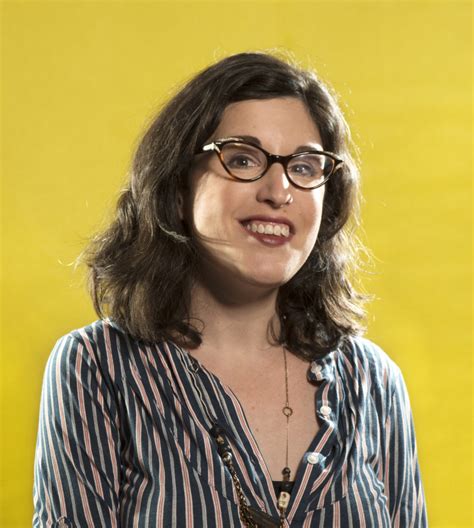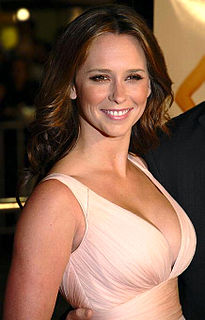A Quote by Yves Behar
The role of designers and product makers is to really become much better editors. What kind of functionality is actually needed - and truly delightful - to consumers? Remove all the extraneous stuff.
Related Quotes
My role as the chair of the fashion department at Parsons put me face to face with all the big designers, retailers, and editors. Since I was moving in these new circles regularly, I realized I needed to do something about my own personal style. It was really Diane von Furstenberg who gave me the nudge.
When the functionality of a product or service overshoots what customers can use, it changes the way companies have to compete. When the product isn't yet good enough, the way you compete is by making better products. In order to make better products, the architecture of the product has to be interdependent and proprietary in character.
We are conditioned to be consumers since birth. I still think it's kind of incumbent on us as consumers to know the difference between something that's truly progressive and something that's just trying to get us to buy a product. Capitalism, ultimately, it's not about equality, it's not about social justice.
Consumers will purchase high quality products even if they are expensive, or in other words, even if there are slightly reasonable discount offers, consumers will not purchase products unless they truly understand and are satisfied with the quality. Also, product appeal must be properly communicated to consumers, but advertisements that are pushed on consumers are gradually losing their effect, and we have to take the approach that encourages consumers to retrieve information at their own will.
Partnerships are increasingly seen through the prism of promises and expectations, and as a kind of product for consumers: satisfaction on the spot, and if not fully satisfied, return the product to the shop or replace it with a new and improved one! You don't, after all, stick to your car, or computer, or iPod, when better ones appear.
Having a child as a single mother was a crucible - maybe this is true for all parents. I got rid of so much stuff that didn't really matter in the scheme of things-like throwing stuff out of an airplane that kept me flying too low. What was left was essential, i.e. not a lot of extraneous stuff that had kept me busy and people-pleasing. I just didn't have the luxury of wasting my life force on so much stupidity and distraction. That made me strong.
It used to be that you needed a $500-million-a-year company in order to reach a worldwide audience of consumers. Now, all you need is a Steam account. That changes a whole bunch of stuff. It's kind of a boring 'gee, information processing changes a stuff' story, but it's going to have an impact on every single company.
How much money you get, depends on lots of extraneous things. It depends on how good you are at turning poetry into a marketable product, which is something it was never supposed to be. That's why many people suppose that the better the poet you are the lower your income should be, and that's probably true.





































